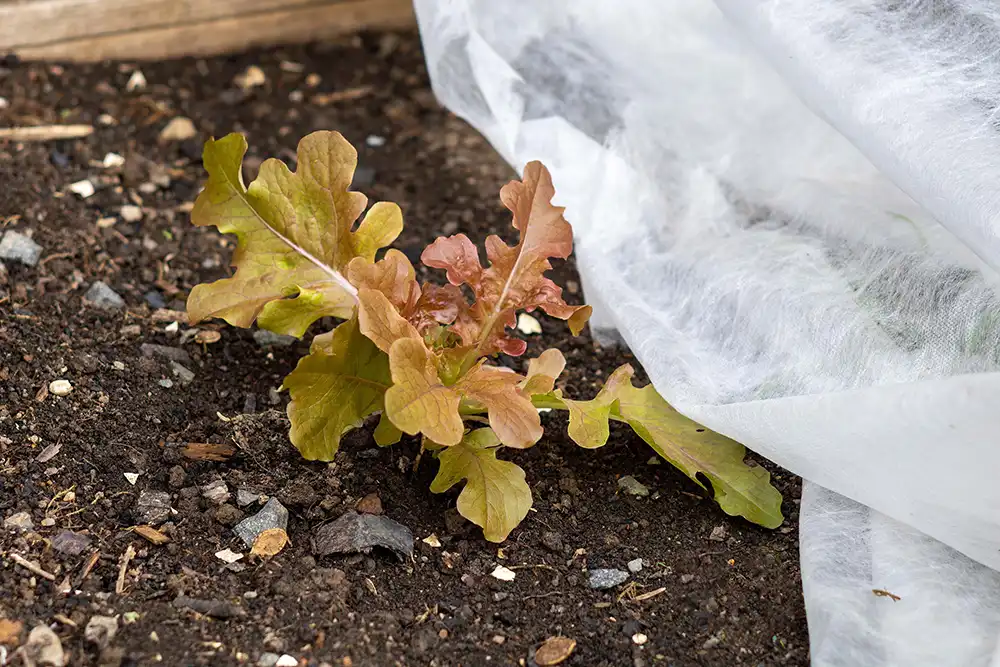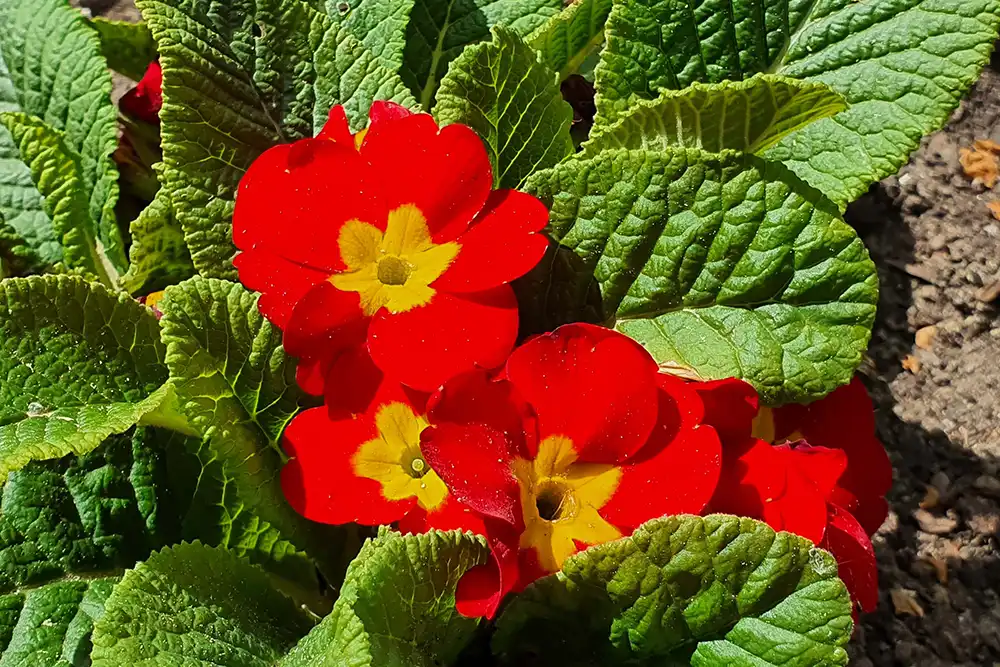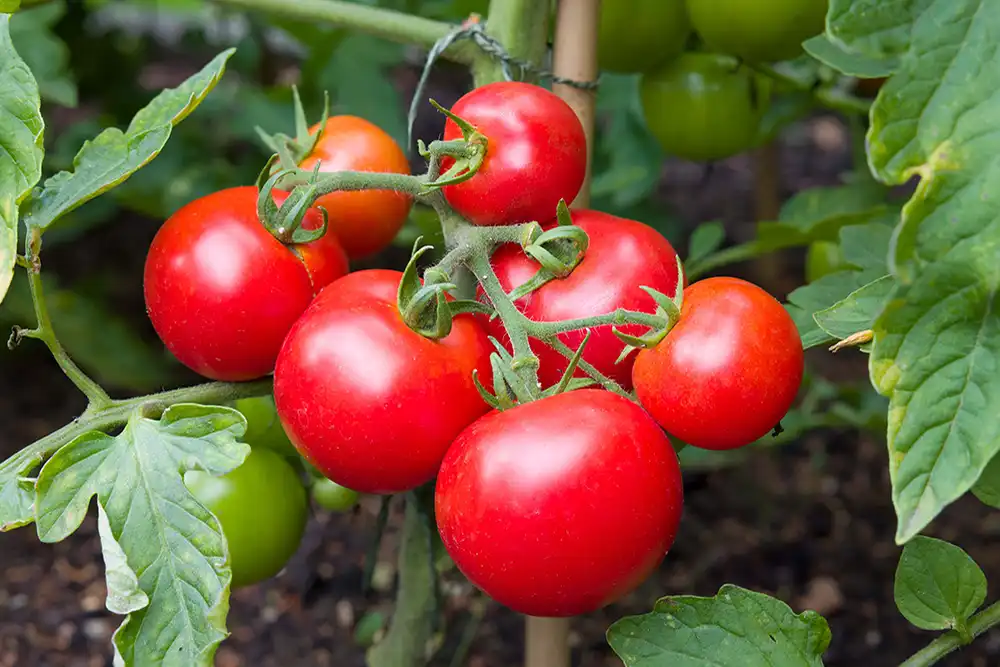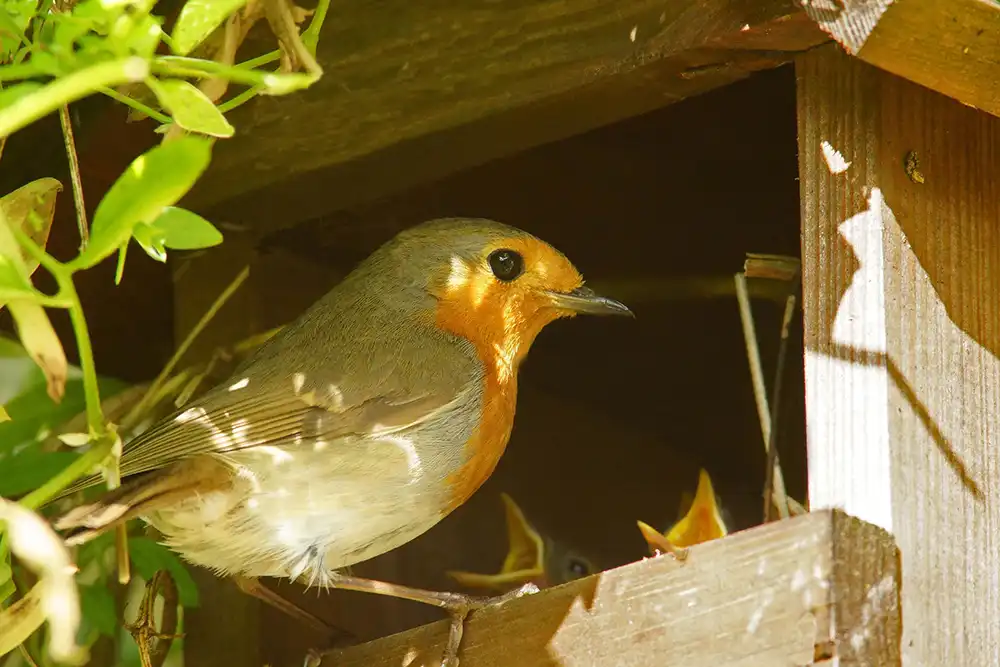Preparing Your Garden for Winter

With the UK’s unpredictable climate potentially presenting difficult conditions for gardeners this winter, Alasdair Urquhart, Haskins Garden Centre’s in-house plant expert, has shared his top tips to ready your garden for the challenging season ahead.
Garden preparation
“Winter can be a tough season for gardens, but a proactive approach will help maintain a haven for plants and wildlife, setting the stage for a thriving display of colourful flowers come spring. One of the first steps is to improve soil conditions by applying a good depth of mulch, which can also insulate tender herbaceous perennials. Mulch will additionally provide food for nutrient-hungry plants, like roses. You can also collect fallen leaves to make a leaf mould that can be used to improve your soil quality the following year.
“It’s prudent to take cuttings of your favourite tender plants in case unexpected cold snaps strike. I’d also suggest lifting tender bulbs like cannas and dahlias to store in a dry place over winter and moving vulnerable plants to sheltered spots, like greenhouses or conservatories.
“Take time to aerate, scarify, and top dress your lawn to improve soil drainage and reduce compaction. Caring for your lawn appropriately ahead of winter will help it quickly recover once warmer temperatures arrive.
“It’s not all about preparation and survival though; sow hardy crops like winter lettuce and oriental leaf mixes, or plant spring-flowering bulbs. Planting winter crops early will provide vibrant blooms to enjoy over spring. I also like to add cloches to raised beds to extend the growing season by creating a warmer microclimate for your crops.”
Wildlife support
“Prepare a space that supports wildlife overwintering to enhance your garden’s ecosystem in the long run. Introduce places for creatures to hibernate, such as log piles, leaf piles, and bug hotels for pollinators. You should also clean bird baths and feeders regularly to ensure birds have a reliable source of water and food. Providing shelter and breeding grounds for wildlife will help create a balanced garden that does not require pesticides or chemicals.
“Additionally, when clearing garden leaves, leave a small pile for overwintering animals. It’s a simple task that provides crucial shelter for wildlife during the colder months, encouraging biodiversity.”
General maintenance and care
“Winters in the UK are becoming wetter, so deal with moss and algae buildup while temperatures are above 10°C to avoid slippery surfaces. Similarly, clean gutters regularly to prevent water buildup. I’d also suggest using a tap guard to avoid the risk of a burst pipe in sub-zero temperatures.
“Once deciduous shrubs and trees start shedding leaves, prune back to encourage growth in the spring. If you have outdoor furniture, it’s unlikely to be used anytime soon, so cover it to ensure it remains in tip-top shape.”



